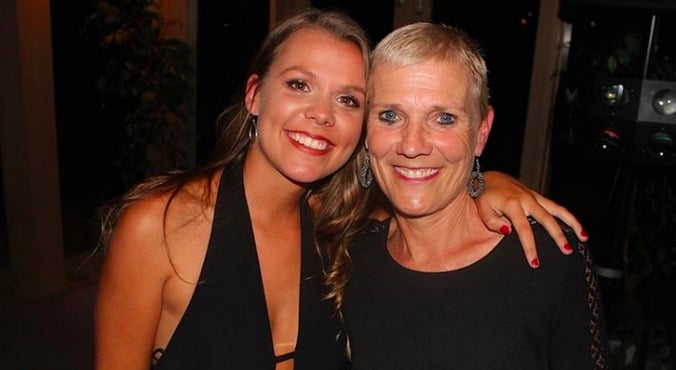
Image: supplied.
I’m not a parent and probably won’t be for a little while now. But I have two of them and they are, without a shred of doubt, the strongest people I know.
By the time I turned 19, my parents had been diagnosed with cancer within two years of each other.
I often sat idly in the kitchen, watching my mum pretend to read the paper, positively sure she wasn’t processing any of it because the chemo made her so shaky and her vision so blurred she often couldn’t concentrate. I sat, awkward and unsure of myself, at a loss as to how to comfort my dad when I’d never seen him cry before.
I didn’t know much when it all started. I know a little more now.
1. It’s not your pain to indulge in.
You don’t really have time to wallow in self-pity that this has happened to the two people you thought were the most invincible. And even if you did? You have no right to act up or spend your days pretending this is your pain. Because it’s not your pain, it’s theirs.
You can share their confusion and their worry. But to pretend this affects you as much as it does them would be an insult to their struggle and to their fight. An insult to every operation, every treatment and every doctor’s appointment.
2. You’ll find a way to share their strength.
More than anything, you have to share their strength. Because very quickly you come to realise that their reason to be is you, and for you they want pure, unfaltering happiness.
If every ounce of their limited energy is being used to maintain face, the least you can do is humour them, share in the smile they’re wearing, however contrived or artificial that may feel.
3. You worry a lot.
You'll worry about the weird things, like that you’re feeling too much unjustified fear. Sure, many forms of cancer aren’t terminal and the stats indicate my parents aren't going anywhere. So am I still allowed to feel that fear, be consumed by it?




























































































